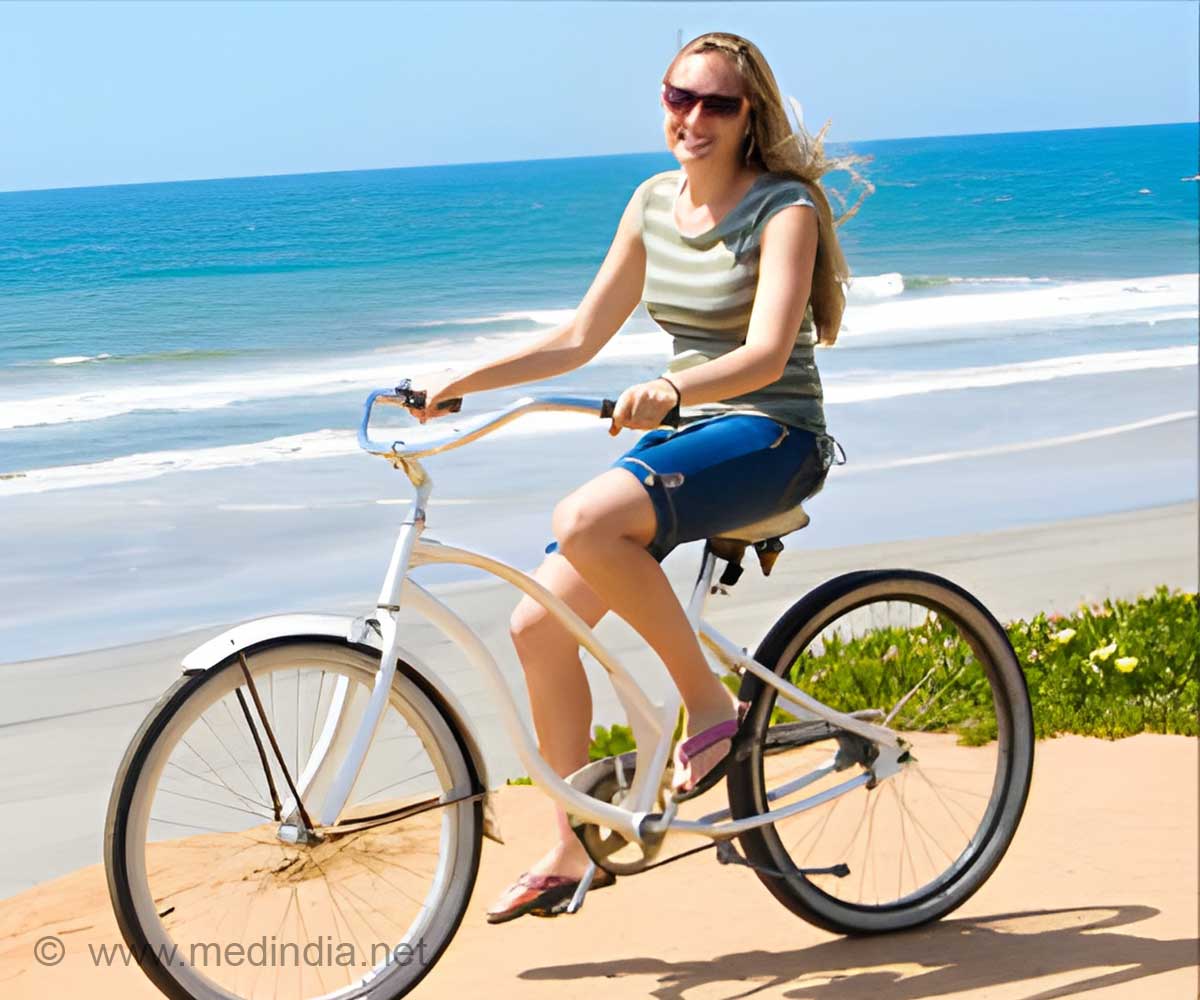Madrid rents the bicycles from Spanish firm Bonopark, which since 2013 has supplied electric bicycles for a similar scheme in the Spanish city of San Sebastian.

Margot Bonilla, a 28-year-old IT technician, started using the electric bikes in July, 2015, and no longer uses the metro to get around the city. She said, "You exercise, you don't pollute and you move around fast. It's just a bit expensive for my taste." An annual membership to the bike sharing scheme costs 25 euros ($27.7) while renting a bicycle costs 50 cents during the first 30 minutes, then 60 cents for the next 30 minutes. By comparison a ride on the Madrid metro costs around 1.5 euros for travel in the center of the city. Bonilla added, "Another problem is a lack of bicycles. Yesterday I had to walk home because I went to two stations and did not find any."
Madrid rents the bicycles from Spanish firm Bonopark, which since 2013 has supplied electric bicycles for a similar scheme in the northern Spanish city of San Sebastian. The head of the BiciMAD system, Joaquim Jimenez, said, "We have a thousand bicycles available at 160 stations right now. We will have 2,000 electrical bicycles once the system is fully operational and the goal is to have 4,000 by 2026 when the contract ends."
Madrid city hall has spent about 535,000 euros to rent the bicycles from Bonopark since the bicycle sharing program was launched in June 2014. It blames the shortage of bicycles on a technical glitch with the docking system, which often fails to recognize bikes and locks them, making it impossible for users of the system to take them for a ride. The electrical bicycles also suffer all sorts of attacks- they are mistreated by users, yanked from docking stations to be taken for a free ride, abandoned anywhere, sometimes even in the city's Manzanares river.
A city hall tally suggested that since the launch of the scheme, 470 bicycles have either been stolen or vandalized to the point that they could no longer be used. The vandalism has increased since the start of summer season but city hall does not link the influx of foreign tourists during the peak travel season with the rise. Jimenez said, "Stolen BiciMAD bicycles usually resurface since they can only be recharged at a public station and they weight a hefty 22 kilos (48.5 pounds)."
Ines Sabanes, the city councilor in charge of mobility, said, "Clearly we want a city with fewer cars. We need the use of bicycles to develop, it is an obligation."
Advertisement








